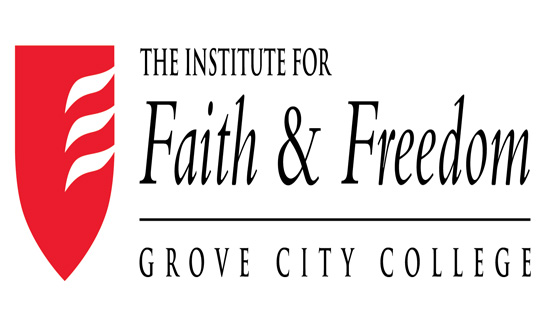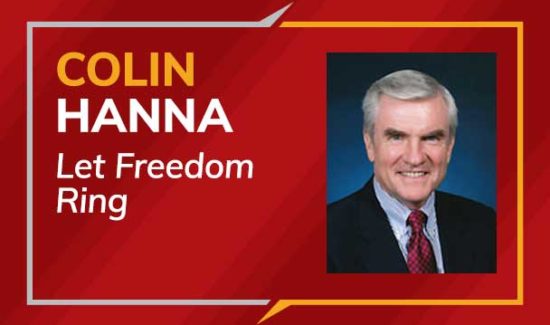A Lack of Leadership
WASHINGTON — A young mother tried to control her three youngsters in the hall
outside the House Budget Committee conference room as her husband chatted with a
committee staffer, who was giving the Kansas family a tour of the vast U.S. Capitol complex.
Her 4-year-old daughter, pigtails bouncing, slipped out of reach and peeked into the budget hearing as Rep. Chris Van Hollen, D-Md., denounced committee chairman Paul Ryan, R-Wis., for describing a report on the federal deficit as "sobering."
Congressional Budget Office director Douglas Elmendorf had just testified that the trend in deficits could not be "sustained indefinitely." He identified the primary causes of the budget’s engorgement as increased federal spending on health care programs, rising interest rates and the cost of Social Security.
Van Hollen’s scolding was the only thing the precocious little girl heard as she
slipped into the room. But that was enough to have her scrunch her face and run back to her mother’s arms, to tattle that the Maryland Democrat wasn’t using his "nice voice."
"There is a lot of that going on around here," said her mother as she whisked the kids and her oblivious husband – toward the exit door. Over her shoulder, she added that she hopes this town gets its act together soon: "They are supposed to be role models for children to look up to."
On its surface, the District of Columbia is a shining example of the best of what America has to offer.
Its shops are filled with young professionals eating, drinking and buying the newest fad food or electronic gadget; its streets are clogged with vehicles and lined with traffic-tangling orange barrels marking the numerous infrastructure projects; cranes erecting new housing and retail buildings dangle precariously overhead.
It is surrounded by six of the wealthiest counties in the country, and it is the
center of national power and influence.
Yet the people who live and work here, amid all of this city’s favorable aspects, enjoy a vastly different experience than those who live beyond Washington’s invisible gates.
Here, the president, vice president and members of Congress rail against income
inequality, rail against social injustice (what does that even mean?); they condemn the rich, condemn the successful; they speechify that everyone should have their fair share of the bounty – your bounty, just not their bounty.
They brag about booming jobs reports but fail to mention that the "boom" is largely in the retail and leisure sectors, in which the pay is markedly lower than it once was for industrial and other workers who contributed far more substantially to the U.S. economy.
And they never once mention the huge number of workers who have disappeared from the workforce; those people have been forgotten by Washington – although not by their families, or by the communities in which they live.
A convergence of factors now separates Washington from the rest of the country:
uneven and uncertain economic growth, government failures and scandals, unsettling and deadly crises around the globe, all topped off by Washington’s biting rhetoric and partisanship that deepen the divide between politicians and worried Americans alike.
Meanwhile, the stock market rockets through the roof (thanks in large part to an
endless stream of government economic-stimulus funds) as big government, big
business and big banks stifle the little guy.
Main Street Americans don’t feel much pride about the behavior of Washington’s
wealthy and powerful toward each other or the outside world. Like the little girl who pulled back the curtain to see how grown-ups here act, we are collectively scrunching our noses at Washington and running away from it.
We want our leaders – especially our president – to provide leadership through very basic administrative skills and competency in the face of scandals or crises. We expect them to stand above gridlock, arrogance and divisional or identity politics, not to instigate those things.
Washington has become frustrating and embarrassing to Americans, a poor reflection of the entire nation.
And what is all of this teaching our younger generations?
Well, even a 4-year-old girl recognized, without any explanation from her mother, that bitter partisanship only stops the conversation without producing any solutions.
It certainly doesn’t show leadership.
Salena Zito
Pittsburgh Tribune-Review Political Reporter
412-965-9094





